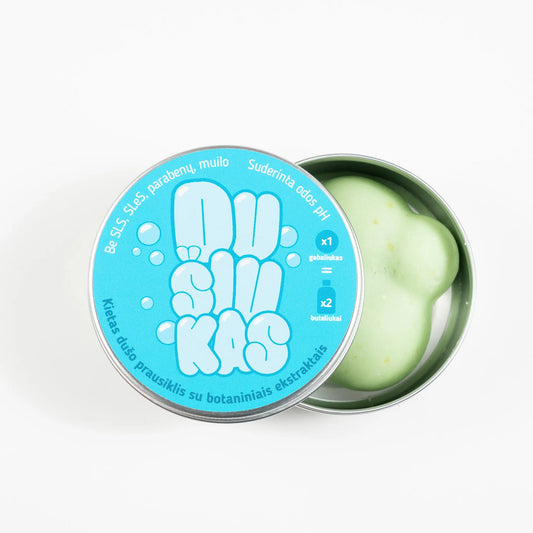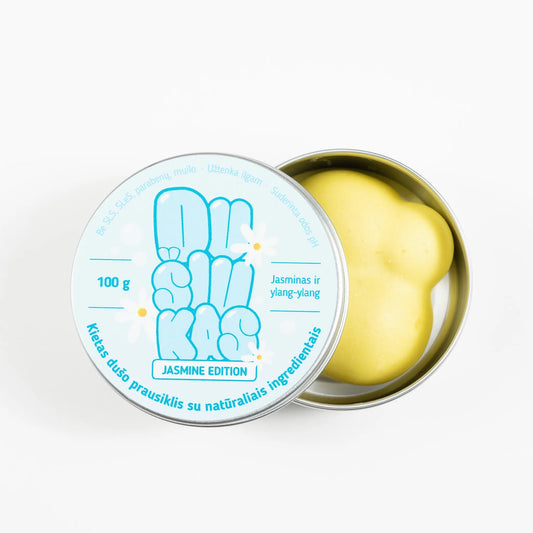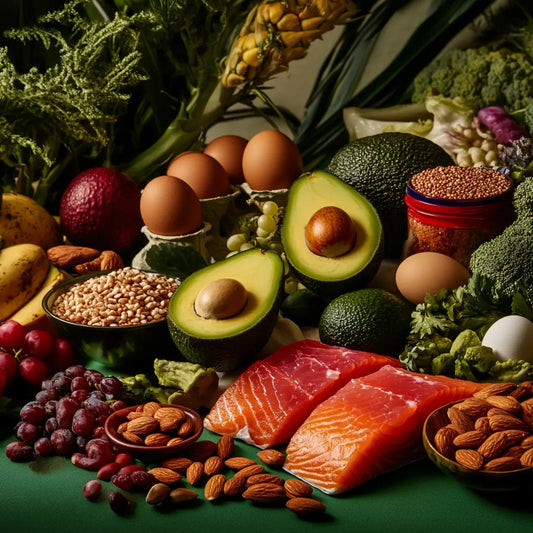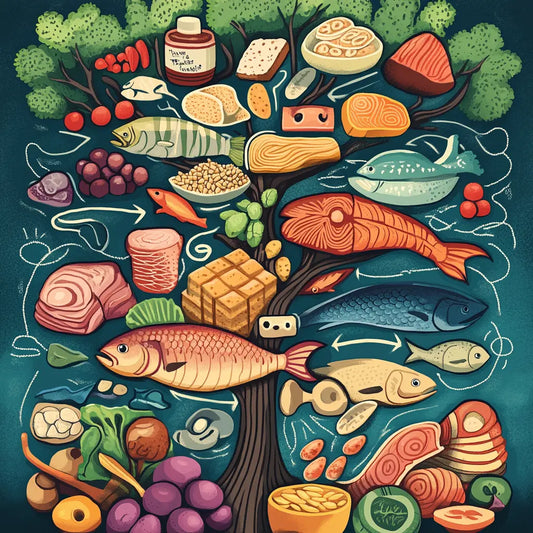1. Environmental friendliness and Sustainability
Packaging and Waste Reduction
One of the most important benefits of solid dishwashing detergents is their ability to help reduce plastic waste. Traditional liquid dishwashing detergents are often sold in plastic bottles, which are often not recyclable or are difficult and expensive to recycle. This results in huge amounts of plastic entering the environment every year, harming ecosystems, especially marine life.
Solid detergents are often presented without plastic packaging or in minimal, recyclable packaging, which helps reduce plastic waste. For example, many manufacturers use paper or cardboard packaging, which is easily recycled or compostable. Some companies are also experimenting with completely packaging-free products, where detergents are sold simply in tablets or blocks. This not only reduces waste, but also helps consumers become more conscious about their consumption habits.

Biodegradability
In addition to using less packaging, solid detergents are often made with biodegradable ingredients, which are less harmful to the environment. Biodegradability is an important aspect when it comes to sustainability, as biodegradable products do not accumulate in the environment, causing no harm to nature and ecosystems.
Compared to traditional household cleaning products, which may contain synthetic chemicals, solid detergents are usually made from natural materials that naturally decompose in nature. This means that after use, the residue disappears quickly, leaving no lasting trace. This is especially important when it comes to household cleaners, as many of them end up in drains and ultimately in water bodies, where they can have a long-term impact on the environment.
Environmental Impact
The manufacturing process of solid detergents can also have a lower environmental impact than liquid detergents. For example, the production of solid detergents often requires less energy because there is no need to produce the liquid component or packaging in large quantities. They also use fewer water resources because water is not necessary or is required less in the manufacturing process.
Another important aspect is the use of raw materials. Many solid detergents are made from renewable or sustainable sources, such as vegetable oils, essential oils or natural minerals. This helps reduce dependence on non-renewable resources, such as petroleum, which is often used to produce synthetic ingredients.

2. Ease of Use
Ease of Use
Solid dishwashing detergents are very easy to use and come in a variety of dosage options. Most are designed to be easy to use in both dishwashers and hand washing. For example, tablets or blocks can often be simply placed in the dishwasher without the need for additional dosage. This is particularly convenient for consumers who are looking for a quick and effective way to clean dishes.
Solid detergents are also practical for hand washing. They are often packaged in a way that makes them easy to hold in your hand and apply directly to a sponge or cloth. They are also often concentrated, so you only need a small amount of product to achieve the desired result.

Durability and Economy
Solid dishwashing detergents generally last longer than their liquid counterparts. The concentrated formula means that one solid detergent lasts longer, which can save consumers money by not having to buy new products as often. It is also cost-effective for those looking to reduce their household costs, as the long-term benefits of using solid detergents are obvious.
Additionally, due to their longer shelf life, solid detergents also help reduce packaging waste by eliminating the need to replace packaging frequently, contributing to waste reduction and sustainability.

3. Market Trends and Consumer Opinion
Growing Demand
In recent years, there has been a growing consumer awareness of environmental issues, which is why the demand for solid dishwashing detergents is growing. More and more people are choosing eco-friendly and sustainable products that not only help clean dishes effectively, but also have a lower environmental impact.
Market trends show that solid detergents are becoming increasingly popular not only among environmentally conscious consumers but also among the general public. This is due to several factors, including growing awareness of plastic pollution issues and ongoing campaigns promoting a more sustainable lifestyle.
Additionally, companies are starting to offer an increasingly wide range of solid detergents tailored to different consumer needs and preferences. This includes a variety of scent and formula options that appeal to a wider audience.
User Experience
Consumer reviews of solid detergents are generally positive. Most people appreciate their eco-friendliness, durability, and ease of use. In particular, the fact that solid detergents reduce plastic waste and are biodegradable is often praised.
However, there are some complaints. Some consumers note that solid detergents can sometimes be less effective than liquid detergents, especially when it comes to very greasy dishes. In addition, some consumers believe that the price of solid detergents is slightly higher than traditional products, although this difference is often offset by their longer shelf life.
Despite these minor drawbacks, most consumers are positive about solid detergents and believe that their benefits outweigh the potential inconveniences. More and more people are willing to invest in environmentally friendly products because they understand that it is an investment in a more sustainable future.

Conclusion
Solid dishwashing detergents are a great choice for those looking to combine efficiency and sustainability. Not only do they help reduce plastic waste, they are also made with biodegradable ingredients that are less harmful to the environment. In addition, their ease of use, durability, and cost-effectiveness make them an attractive alternative to traditional detergents.
Market trends show that demand for solid detergents is growing











